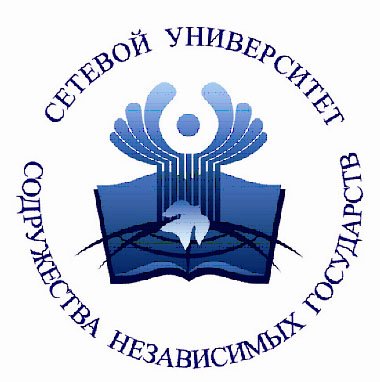RUDN has signed an agreement on joint training of masters with the South Kazakhstan State University and Slavic University of Moldova
June 2, the International Seminar (Coordination Council of the Network University of the CIS), organized jointly with the Interstate Fund for Humanitarian Cooperation of CIS member states was held in RUDN.
June 2, the International Seminar (Coordination Council of the Network University of the CIS), organized jointly with the Interstate Fund for Humanitarian Cooperation of CIS member states was held in RUDN.
During the meeting the agreements on joint training of masters from Slavic University of the Republic of Moldova in the field of Philology, specialty “Russian language and literature” were signed; South Kazakhstan State University has the following areas of training:
- Management, specialization "International Management";
- Management, specialization "Management of international projects";
- International Relations, specialization "World politics";
- Philology, specialty "Russian language and literature";
- Jurisprudence, specialty "International law".
During the work of the Coordinating Council, the participants discussed the main results of CIS Network University functioning and made their suggestions. The most pressing issues on the agenda were the basic mechanisms of budget places, the enrollment of students on joint educational programs in the magistracy of CIS in 2016-2017; discussion of the work plan for the next academic year and approval of the project for Slavic Iniversity CIS certificate.
During the meeting the Vice-Rector of RUDN Larisa Efremova suggested setting up the working group to study the legal framework of Slavic University.
Also the meeting participants discussed the prospect of the opening of graduate programs, including the possibility of creating a joint research group of the CIS Network University.
During the meeting also raised the issue of interaction of CIS Network University alumni, including on the basis of a common communications network.
The project "Creation of the CIS Network University (SU CIS) (2008 - 2011)" was initiated in 2008 by the RUDN with the support of IFESCCO. At the moment the Consortium consists of 28 leading universities from 9 CIS member states: the Republic of Azerbaijan, Republic of Armenia, Belarus, Kazakhstan, Kyrgyz Republic, Republic of Moldova, Russian Federation, Tajikistan and Ukraine.
The main objective of the Consortium is to establish of SU CIS as an inter-university cooperation system aimed at achieving the following objectives:
- Creation of a single (general) educational space of universities of the CIS Member States through the implementation of joint educational programs, organization of “inclusive education”, new forms of inter-university cooperation;
- The establishment of mechanisms for the development of academic mobility of students and teachers in the framework of CIS;
- Promoting intercultural dialogue among students, the preservation, development and mutual enrichment of cultures, languages, historical and national traditions of the peoples in the CIS countries.
The main objective of the project is to extend the list of areas of training (technical, natural-scientific, agricultural) and the funding sources of SU CIS by means of the grant provision for CIS countries.
Peoples‘ Friendship University of Russia (RUDN) has been awarded the All-Russian prize “Time for Innovations” for its patented development ‘Digital Pre-University Faculty’, which allows you to study Russian from anywhere in the world.
The aaniversary medal to the 100th anniversary of V.F. Stanis is awarded to RUDN current and ex-employees and students for: significant contribution to the university development; long-standing commitment to maintaining ties with the university; fruitful cooperation of Russian and foreign organizations, scientists and public figures with the university.
RUDN University employees’ work and contribution to the development of the university cannot go unappreciated. The Ministry of Science and Higher Education of Russia recognizes talented university employees and present them with various departmental and state awards.
